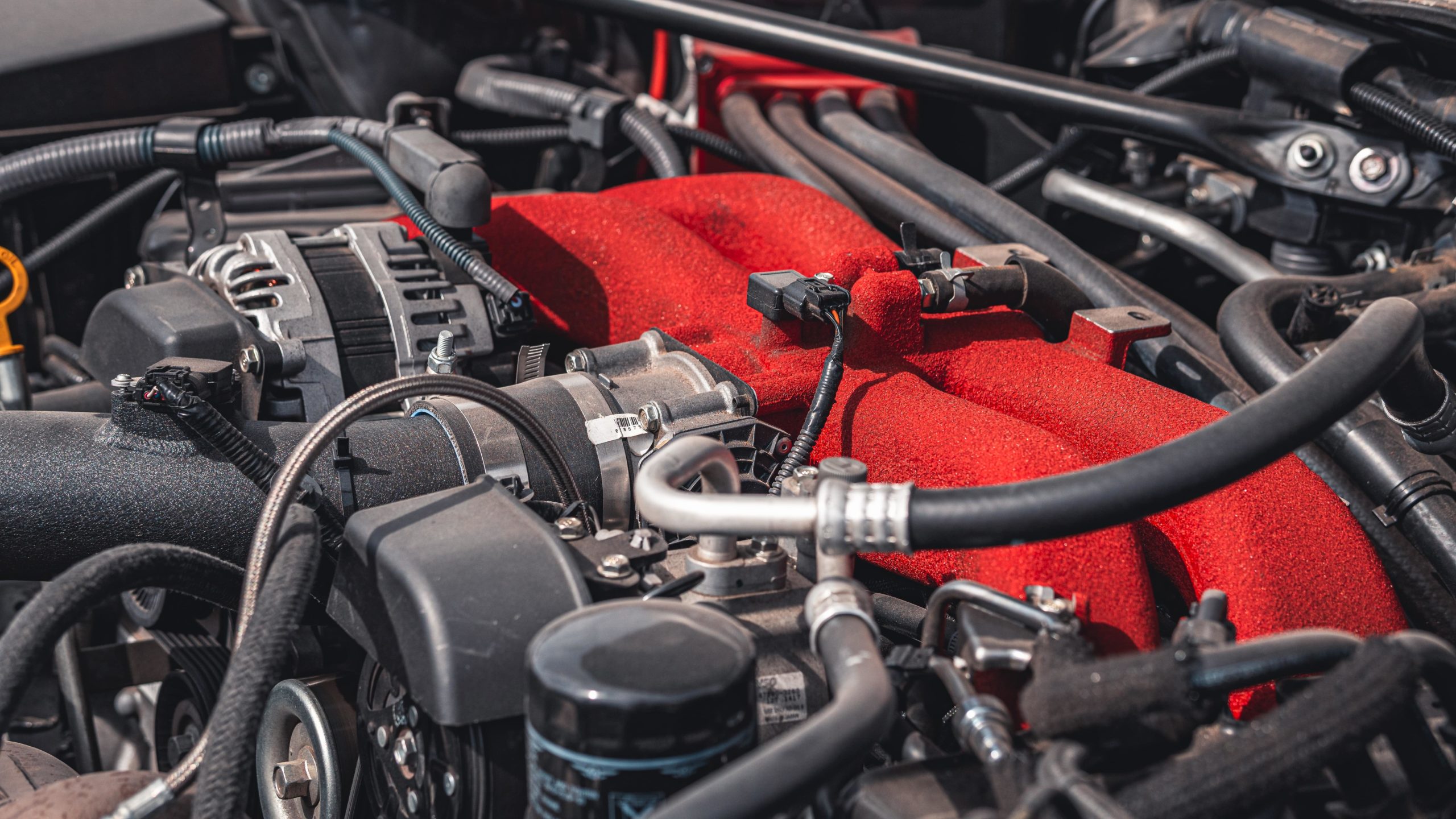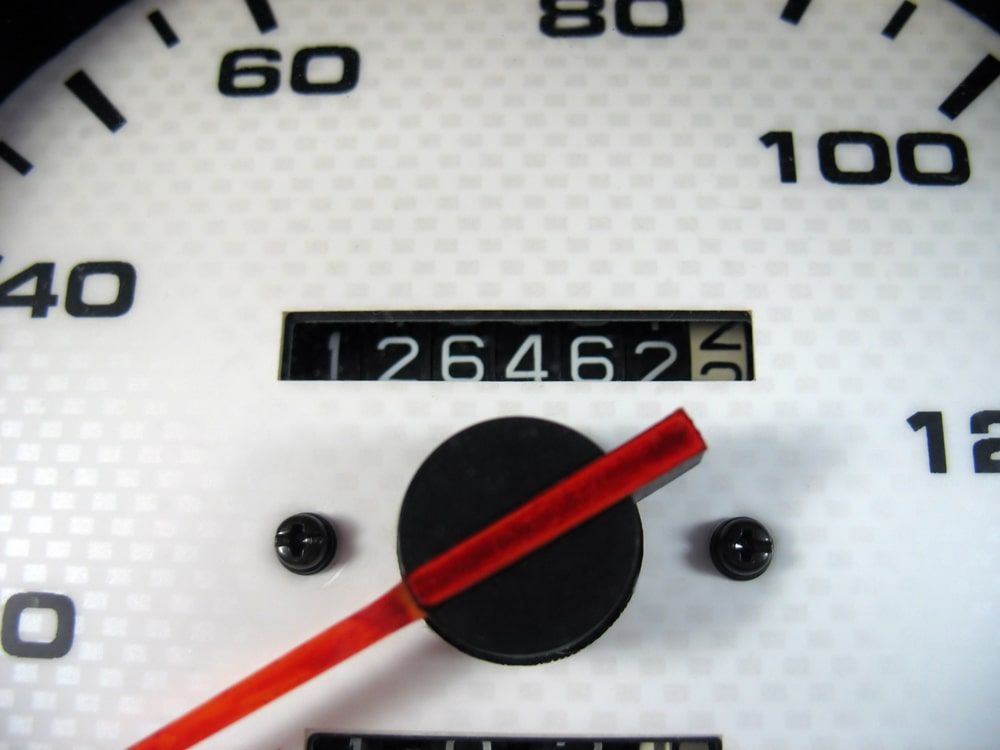All auto manufacturers will give you a warranty when you purchase a new car. This type of warranty is known as factory warranty and covers applicable repairs as long as you maintain the vehicle to certain standards.
Like any other contract, however, the agreement can be voided if you fail to uphold your end of the bargain. When this happens, you may miss out on some or all of the privileges the manufacturer agreed to in the warranty.
Not sure if your car is still under warranty? Click here to find out when your factory auto warranty will expire.
Below, we look at common actions and circumstances that may partially or fully void your factory car warranty.
Situations that Can Void the Entire Manufacturer Warranty
- When A Salvage Title is Obtained for the Car
A salvage title is typically obtained by insurance providers whenever a car is declared a total loss or “totaled.” When and how a car is declared totaled varies depending on a number of factors. However, the common standard is to declare as “totaled” any car whose estimated repair costs exceed its actual cash value (ACV). Once the car is labeled “totaled” your auto insurance company will take ownership of the wreck and obtain a salvage title and salvage certificate for it. The moment this happens, the manufacturer warranty is entirely voided.
It’s important to keep this in mind when buying second hand cars. Some owners choose to keep their totaled cars, attempt to repair them, and later sell them in the secondhand market. While certified pre-owned cars guarantee manufacturer warranty, salvaged secondhand cars purchased from private parties and independent used car lots don’t come with this warranty.
- Lack of Proof: Do You Have the Receipts?
We’ve already established that to keep your warranty active, you need to maintain the car to standards outlined in the warranty document. Question is – can you prove that you’ve upheld your end of the bargain?
You need to provide documented proof to enjoy the perks provided under the warranty agreement and the most solid proof is usually receipts of maintenance work. From body repairs to fluid changes and parts replacements, you must produce receipts showing that these services were provided in accordance with the carmaker’s demands. Otherwise, you void the warranty.
On whether your warranty stands if you’ve been using quick lubes and personally chosen certified local repair facilities rather than recommended dealers, the answer is yes. As long as you have the documentation showing that your chosen repair facilities fully uphold the carmaker’s requirements, your warranty is safe.
- Misuse of the Car, Intentional or Otherwise
Misuse refers to using the car outside normal operation. This includes racing/competitions of any kind, overloading, and off-roading to name just a few. Most auto makers will void your entire warranty for these infractions, even if there’s no proof but just signs of abuse.
With regards to racing, you’ve probably heard about car manufacturers attending races to mark number plates of participating cars. While this sounds like a conspiracy theory, you’re still better off keeping your car off any competitions to avoid surprises.
On off-roading, you may be wondering what happens if you own a vehicle that’s designed to go off road, perhaps one of the new Honda 4×4 Off Roads. Do you still risk voiding the factory warranty when you go off the road in such a car? The answer is, yes. If you show up at a dealer with excessively worn struts and it’s determined that the reason for the heavy wear is off road driving, for instance, you’ll pay for the repairs out-of-pocket.
- Damage from Environmental Factors
Many owners wrongly believe that if the car is damaged in a flood or hailstorm then the manufacturer warranty covers repairs. This is not true. While environmental factors are beyond your control, resulting damages will not be covered by the factory warranty.
- Altering the Odometer

All factory car warranties are dependent on mileage. In most cases, the warranty is only good up to around 36,000 miles.
Since keeping track of mileage becomes impossible if the odometer is removed, tampered with, or disconnected, the entire warranty becomes void in any of these situations.
Situations that Can Partially Void Factory Car Warranty
- Aftermarket Parts and Car Modifications
The question on aftermarket parts and modifications has been around for as long as anyone can recall. Owners still don’t clearly understand the fate of manufacturer warranty when they replace a damaged part with aftermarket alternatives or modify the car in their own desired way. Do these actions put the warranty at risk?
For aftermarket parts, the answer is yes and no. No because installing an aftermarket replacement alone doesn’t void factory car warranty and yes because if the parts are of questionable quality or not properly installed, then the manufacturer is legally allowed to void warranty.
The Magnuson-Moss Warranty Act of 1975 states this very clearly, saying that “a dealer must prove that the aftermarket component caused the need for repairs before denying warranty coverage.” What this means is that if the dealer can prove that the new component played even the slightest role in causing the damages, they can void your warranty.
Modifications carry the same risk. Performance modifications are common among car owners, with a number of people installing power chips to boost engine output. Wheel suspension modifications are also common. Beware that any modifications to the car put your factory warranty on the line.
- Use of Improper Fluids
Improper here covers many bases. Dirty fluids, for instance, are considered improper. The same applies to new but poor quality fluids. If you’re found to have used the wrong fluid in your car, any guarantees applicable to the engine may be voided.
- Neglect of the Car
Finally, you also risk partially voiding your factory car warranty if you fail to provide basic car maintenance. This includes not making oil changes at the recommended frequencies and failing to observe scheduled maintenance requirements.
What Can You Do?
The first step is to read and understand your factory car warranty. The document is usually bundled with the owner’s manual. Take time to read the fine print to fully understand what is covered, what isn’t covered, and what’s expected of you. If you can hold your end of the bargain, you’re on your way to keeping your warranty intact for its lifetime (usually three years or 36,000 miles whichever comes first).
Secondly, be responsible. In any case, you need the car more the warranty; if it breaks down, your plans suffer. Being responsible will help keep it in top shape at all times.
Lastly, understand that you don’t have to take no for an answer. The voiding of warranties isn’t all that cut and dry. While some dealers are very strict, some are more lenient and willing to listen. Additionally, there’s a chain of command that you can appeal to. And, if that doesn’t work, you can always appeal through your state attorney.
Out of Options? Buy Extended Warranty
If all your efforts bear no fruit, you have one more option – extended car warranties. Though mostly purchased when the manufacturer warranty expires, you can also purchase one in case your manufacturer warranty is voided.
Looking to make the purchase now? Begin your search by reviewing this year’s top extended car warranty providers.









